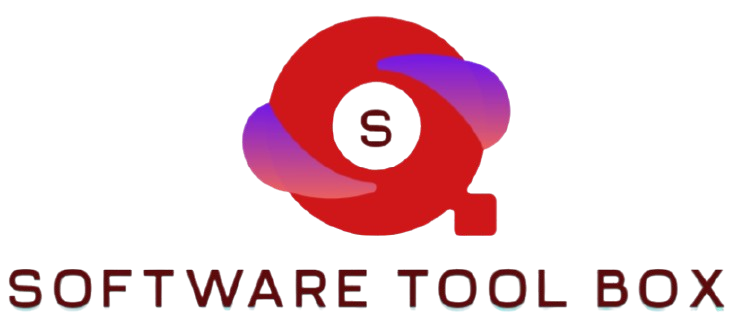
“Enterprise resource planning” (ERP) refers to a suite of programs large companies use to handle day-to-day operations. These programs include accounting, procurement, finance, and project management. Due to its shared data architecture, the erp hong kong integrated financial and operational applications suite provides a unified view of all relevant information.
A Single Trustworthy Source
With the help of pre-built analytics, you can get a comprehensive view of your company’s financial performance and enhance your knowledge of costs, sales, and profitability. Inventory turnover, debt-to-equity ratio, current ratio, quick ratio, net working capital, and essential financial KPIs are tracked by pre-built analytics.
Reduced Physical Work
Businesses may automate repetitive, monotonous tasks with the help of an ERP system. With integrated account reconciliation and transaction matching, businesses may speed up the financial closure process and significantly increase efficiency. It allows for faster SEC reporting and frees up the CFO’s time to concentrate on M&A strategy and scenario preparation instead of collecting data every quarter.
The Capacity To Grow
ERP systems must be simply and rapidly expandable to accommodate the growth of organizations across different markets, geographies, and product lines. Businesses can confidently grow with cloud ERP because of its unmatched speed, performance, security, and scalability.

Comprehensive Risk Management
Integral to today’s enterprise resource planning (ERP) systems are auditing and control mechanisms that manage SOD, payment rules, and other forms of internal and external fraud.
Being Flexible
Thanks to their integrated yet flexible architecture, you can put modules into modern ERPs as and when you need them. You get to choose the tempo and prioritize the areas of the company that need attention, such as improving logistics, keeping your finances up-to-date, or lending a hand with corporate planning.
ERP Technology Is Adapting To Meet The Needs Of Modern Businesses
Businesses had success with on-premises traditional ERP systems for many years, but that was in the past. Data silos, expensive, ongoing maintenance expenses, and customizations are sometimes outcomes of on-premises ERP.
In today’s ever-changing business world, it is essential to have business software that can adapt to new circumstances. Only cloud ERP systems can thoroughly address the challenges and expectations that organizations are now and will face in the future.
With their modular design and ability to be integrated into more extensive applications, cloud ERP solutions provide more flexibility. The ability to automate processes, analyze data, and incorporate insights from artificial intelligence and machine learning has made cloud ERP solutions indispensable for companies competing in the digital economy. Cloud ERP solutions also provide security, scalability, flexibility, and access speed, which are highly prized in a fast-paced business environment.
Cloud ERP is updated every three months with the latest features, capabilities, and best practices. The most recent and innovative technologies, such as AI, ML, blockchain, AR, and the IoT, will be readily available to consumers regularly if this trend continues.
Access to this technology allows organizations to automate operations such as bank account reconciliation, which used to require a lot of human intervention. Users can see a complete and current view of the company’s operational and financial health.






